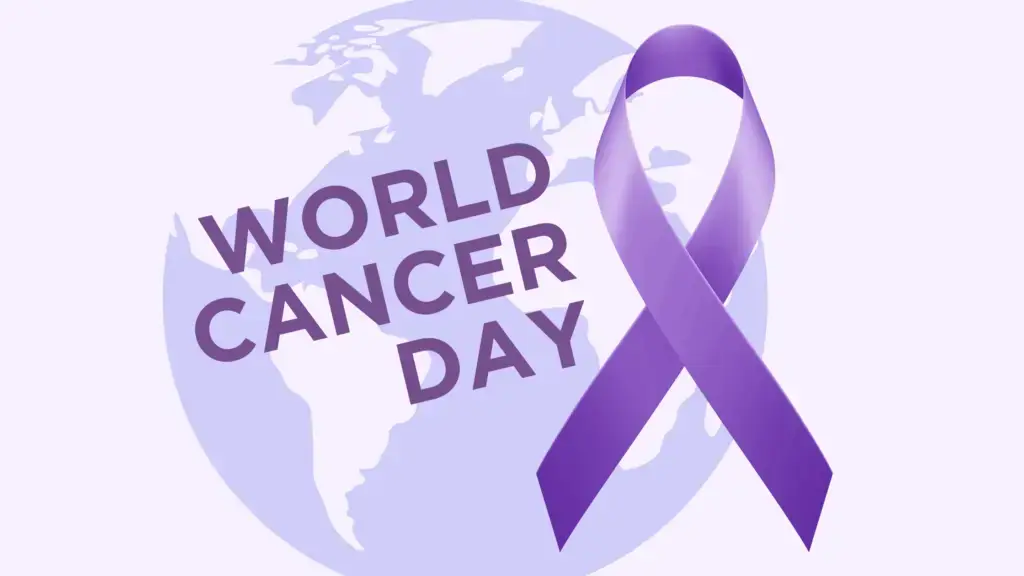Did you know that 1 in 3 people will be diagnosed with cancer in their lifetime? And 1 in 64 people could be diagnosed with pancreatic cancer. As of now, surgery offers the best chance of treating pancreatic cancer. But, most patients are diagnosed at later stages and are not eligible for surgery.
Unlike breast cancer and colon cancer, most people are not being screened for pancreatic cancer. That is why it is so important to know the symptoms, determine if you are at elevated risk, and keep up with annual medical checkups. Some common symptoms of pancreatic cancer include belly or back pain, weight loss and poor appetite, nausea and vomiting, and diabetes. Developing more readily available, non-invasive early detection tools and tests for pancreatic cancer are urgently needed.
Who Needs Pancreatic Cancer Screening?
People who are at high risk of developing pancreatic cancer due to factors including family history, genetic mutations, or chronic pancreatitis are often advised to get screening tests.
While screening and diagnostic tests for pancreatic cancer are available, many people are not part of an ongoing screening program even though they may be at higher risk than the general population. While we do not know all the risk factors, the following are some that have already been identified:
- High-risk individuals
-
- Family History – People with a family history may have an increased risk of pancreatic cancer or Familial pancreatic cancer (FPC), if they have a first-degree relative (A parent, sibling, or child) who has the disease. Typically, about 10% of pancreatic cancers are considered familial or hereditary. Most cases of pancreatic cancer occur randomly or can be caused by factors such as smoking, obesity, and age.
- Genetic Mutations – Certain genetic factors may increase the risk for pancreatic cancer, including: BRCA2, BRCA1 Mutation, and HNPCC (Hereditary Non-Polyposic Colorectal Cancer) Lynch Syndrome.
- Chronic Pancreatitis – People with chronic inflammation of the pancreas are at increased risk of developing pancreatic cancer.
- General population – People who are experiencing symptoms such as:
-
- Unexplained weight loss
- Digestive problems
- Abdominal pain
- Jaundice
What Is Involved In Pancreatic Cancer Screening?
Blood and imaging tests are frequently used for pancreatic cancer screening. Depending on a person’s medical history, symptoms, and risk factors, the individual screening test may change.
- Imaging Tests
- Endoscopic Ultrasound (EUS) – Involves passing a thin tube through the mouth into the stomach to create images of the pancreas and surrounding organs
- Computed Tomography (CT) Scans – Take a series of X-rays that create a 3D view of the pancreas and surrounding organs taken from different angles.
- Magnetic Resonance Imaging (MRI) – It uses a strong magnetic field and radiofrequency waves.
- Blood Tests – The doctor may take blood samples to check:
- Carbohydrate antigen 19-9 (CA19-9) – It is a tumor marker. Elevated levels of this may indicate cancer.
- Carcinoembryonic antigen (CEA) – Another blood test that could be used to check for pancreatic cancer is the CEA test. Although elevated CEA levels, like the CA 19-9 test, can be a sign of cancer, they are not always accurate. It s not used as often as CA 19-9.
How To Donate To Cancer Research?
Access to early detection screening and genetic testing is crucial! TrovaNOW is raising funds for PRECEDE – an international, multi-institutional collaborative consortium of world-renowned experts in pancreatic cancer who are dedicated to increasing early detection and pancreatic cancer survival rates.
If you have any questions or If you want more information about how to donate to cancer research, just email us at trovanow@gmail.com or learn more at http://trovanow.com





